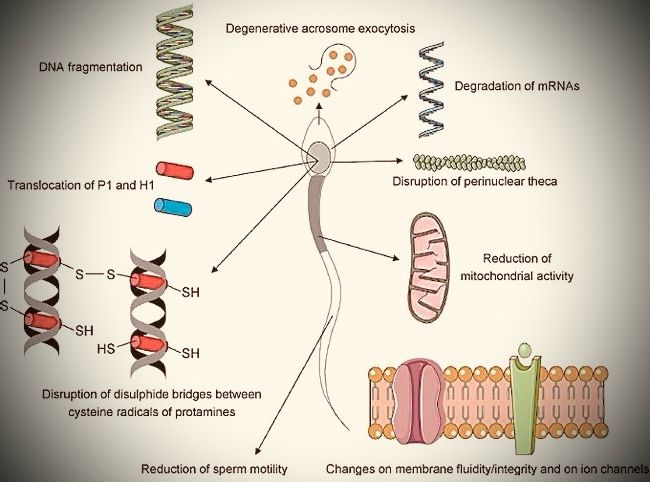Male infertility and semen quality have been suggested to be markers of morbidity and thus mortality, but the role of underlying disease present at time of semen quality evaluation has not been thoroughly assessed. The aim of this study was to determine the association between semen quality and mortality, and to assess the impact of the health of the man prior to semen quality assessment.

Men with a total motile count of >120 million could expect to live 80.3 years, compared to 77.6 years among men with total motile count of >0–5 million. In Cox regression analyses, all semen parameters were negatively associated with mortality in a dose–response manner both in the total population and the more recent subpopulation (P-trend for all semen parameters <0.001), and adjustment for educational levels and prior diagnoses did not change the estimates in the latter. Looking at total motile sperm count as an example, men with a total motile sperm count >120 million served as the reference, and the adjusted HRs for all-cause mortality in the more recent subpopulation were: azoospermia: 1.39, >0–5 million: 1.61, >5–10 million: 1.38, >10–40 million: 1.27, >40–80 million: 1.16, >80–120 million: 1.19, P-trend < 0.001.
https://link.springer.com/content/pdf/10.1007/s10815-024-03030-y.pdf
Hey! If you found this post interesting or useful, you can help us get even better by subscribing to our newsletter. Just write your email and you’ll have the latest fertility news.
Thank you once more for your help.



